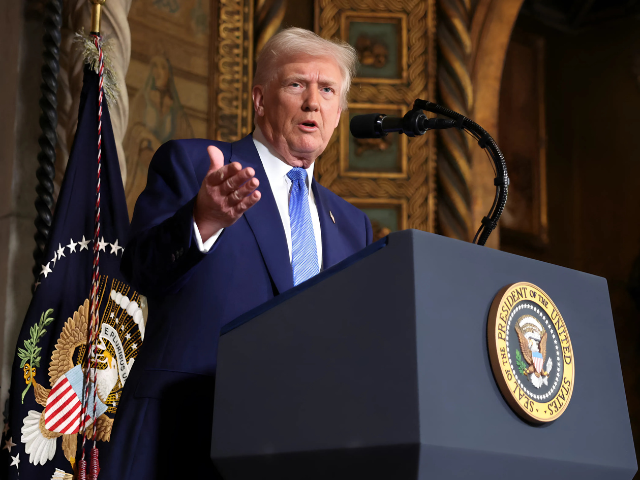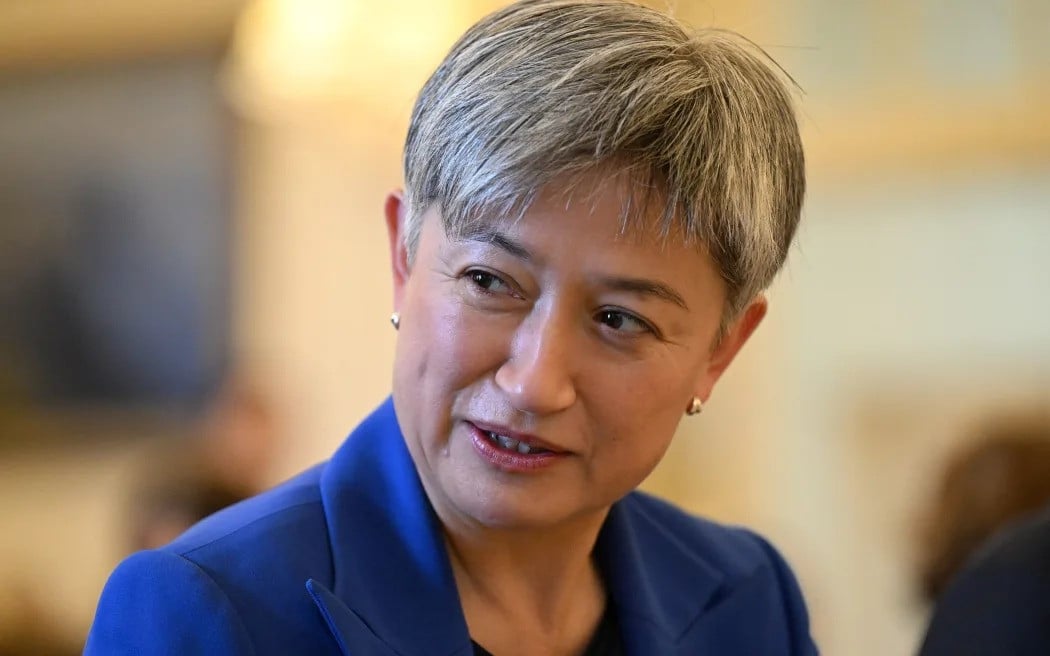
Trump’s royal-like authority sparks debate on the Gulf of America mentality |
US President Donald Trump has once again raised eyebrows, this time by proclaiming himself as royalty while celebrating his administration’s cancellation of New York City’s congestion pricing program.
On his social media platform, Truth Social, Trump wrote, “LONG LIVE THE KING!” in reference to the suspension of the toll program, which he claims is a victory for New Yorkers.
This regal declaration follows a long history of Trump’s affinity for gold, luxury, and grand displays of power.
But proclaiming himself “king” pushes the boundaries even further, as his rivals had already labeled him an authoritarian leader with dictatorial tendenciesoften likening his rule to that of a monarch.
President Donald Trump’s affinity for regal symbolism continues to define his political persona. From grand military parades to lavish inaugural celebrations, his embrace of royal imagery has been evident throughout his career.
This was further underscored by a recent image released by the White House showing Trump in a crown, mirroring a Time magazine cover, amplifying his image as a presidential figure with near-absolute power.
This latest move raises questions about the future of his political brand. Will the public accept this “king-like” rhetoric as just another facet of Trump’s persona, or does it signal a deeper shift in the way he is perceived?
Additionally, the question arises whether tech giants like Google, which previously faced political pressure to rename the Gulf of Mexico as the “Gulf of America” in response to Trump’s demand, will have to acknowledge a new form of executive authority that blends monarchical symbolism with presidential power.
Trump’s legal battles and history of executive overreach, including extensive use of executive orders, have reinforced his self-image as a figure above traditional checks and balances. His recent comments on Truth Social—“He who saves his Country does not violate any Law”—evoked a Napoleonic sense of power, suggesting that his actions are justified by the perceived greater good.
This expansive view of executive authority was also evident in his opposition to New York’s congestion pricing program, which charges drivers to enter certain parts of Manhattan.
Trump, who had campaigned against the toll, directed Transportation Secretary Sean Duffy to send a letter to New York Governor Kathy Hochul, requesting that the toll program cease.
Critics, including Governor Hochul, have rejected Trump’s monarchical claims. “We are a nation of laws, not ruled by a king,” she stated. In response, the Metropolitan Transportation Authority (M.T.A.) initiated legal proceedings in the Southern District of New York to preserve the program.


